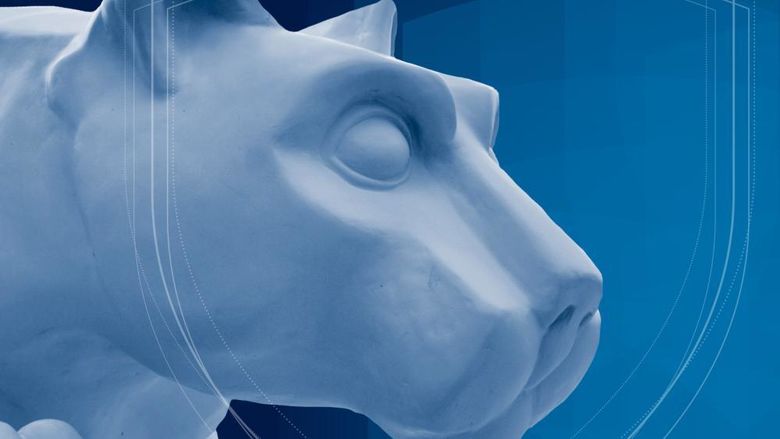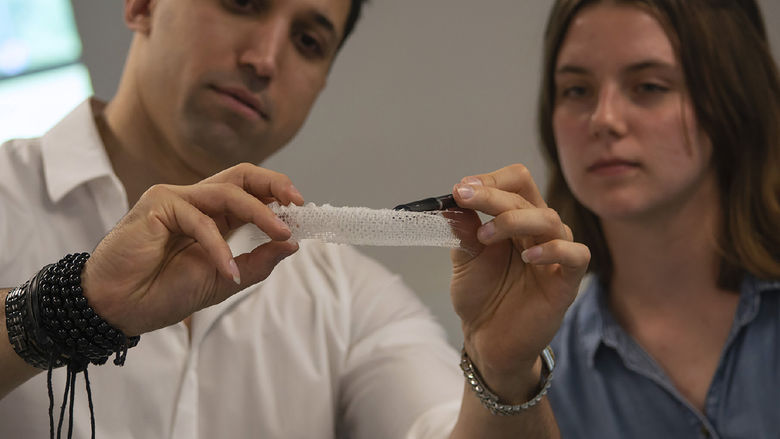
Raymond Gibney, associate professor of management in the School of Business Administration at Penn State Harrisburg, has co-authored a book that offers insight into labor union finances and operations.
MIDDLETOWN, Pa. — Raymond Gibney, associate professor of management in the School of Business Administration at Penn State Harrisburg, has co-authored a book that offers insight into labor union finances and operations.
“Trade Union Finance: How Labor Organizations Raise and Spend Money,” was published in March 2023. The book is co-authored by Marick Masters, professor of business at Wayne State University in Detroit, Michigan.
There is a shortage of academic research on union finances, Gibney said, so the book aims to help fill a gap in the literature. His own interest in labor union research began during his doctoral program, where he met Masters. Before joining academia, Gibney was a member of unions in both the private and public sector.
“As members, we always wondered what happens to the dues and how the money is spent,” he said.
The book provides a comprehensive analysis of the financial resources and performance of the largest national unions. It explores how unions raise and spend money, why that matters, and how looking at the past — the book covers 2006-2019 — could help inform the future.
The book devotes a chapter to strikes — a timely topic since 2023 saw numerous high-profile labor strikes take place, including the United Auto Workers' strike against the “Big Three” automakers (Stellantis, Ford and GM).
Strikes financially hurt both a union and a company, Gibney said. Unions have to pay members strike benefits and are not collecting dues from striking members, while companies don’t have workers to create goods or provide services.
“When a union is not in a good financial position, a threat of a strike could be more damaging to the union than the company,” he said. “On the other hand, unions with a strong financial position may be able to weather the storm better than the company.”
In 2023, the United Auto Workers spent $86 million on the strike against the “Big Three” automakers, while the automakers collectively lost billions, Gibney said.
“The union did not go all in (full strike of 146,000 workers) so they could continue to pay strike benefits longer and collect dues,” Gibney said. “The UAW financially outlasted the Big Three.”
Gibney hopes to work on additional books in the future. Business researchers traditionally focus on publishing shorter peer-reviewed journal articles, he said, so writing a book was a different experience, one that he said was very rewarding.




